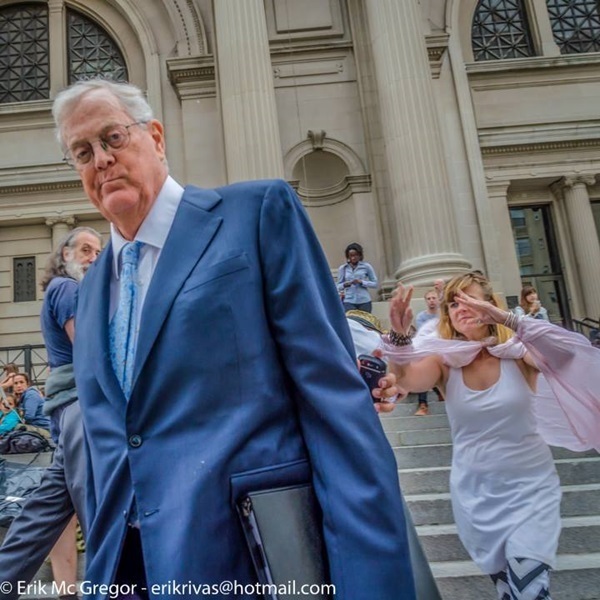
David Koch at the Met’s Koch Plaza
The political arm of the Koch brothers’ petrochemical empire excoriated President Barack Obama’s address at the UN climate summit today, challenging the science of climate change and the economics of climate policy as “radical,” “ideological,” “destructive,” and “needless.” David Koch, one of the two brothers who run Koch Industries, is the richest man in New York City, with his home and offices a few blocks from the United Nations headquarters.
In an email to supporters, Tim Phillips, the president of the Koch political advocacy organization Americans for Prosperity, decried the president’s “radical international energy agenda for “what used to be called global warming, then climate change, then extreme weather, and now finally climate disruption.” (The idea that the left changes the name of global warming as a propagandistic fiction is a conservative meme.) Phillips then blamed the Republican filibuster of climate legislation on Democratic Majority Leader Harry Reid (D-Nev.):
The worst part is, President Obama knows that his energy agenda is harmful and will not help our country get back on the path to prosperity. In fact the President’s proposal is so unpopular and destructive, even Harry Reid’s Senate wouldn’t dream of passing it, which is why he has bypassed Congress and taken his short-sighted, destructive energy policies to an international body.
In an accompanying video entitled “Obama’s UN Speech Promises to Kill Jobs and Raise Energy Prices,” Phillips rejects the science of man-made climate change, and falsely claims that reductions in carbon pollution would be economically harmful and environmentally meaningless.
“If all the numbers, facts, and figures that the left claims are true, their own numbers say this will make really no difference in saving the planet. We think they’re wrong on the merits, but even if you accept their numbers, this will be nothing but a lose-lose situation for the American public.”
The email links to a letter campaign in opposition to “the Environmental Protection Agency’s proposed regulations calling for a 30 percent reduction in carbon emissions by 2030,” calling on U.S. Senators to “stop the EPA from forcing more burdensome regulations on our families.”
Text of supporter email:
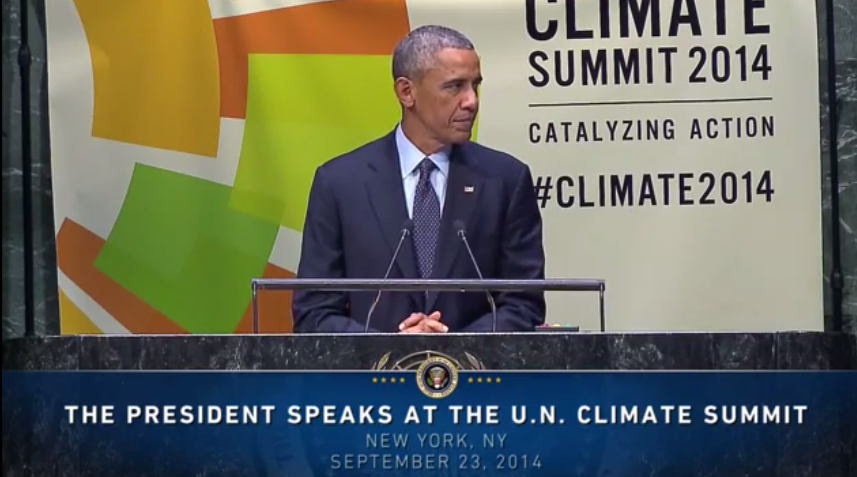 Addressing the
Addressing the 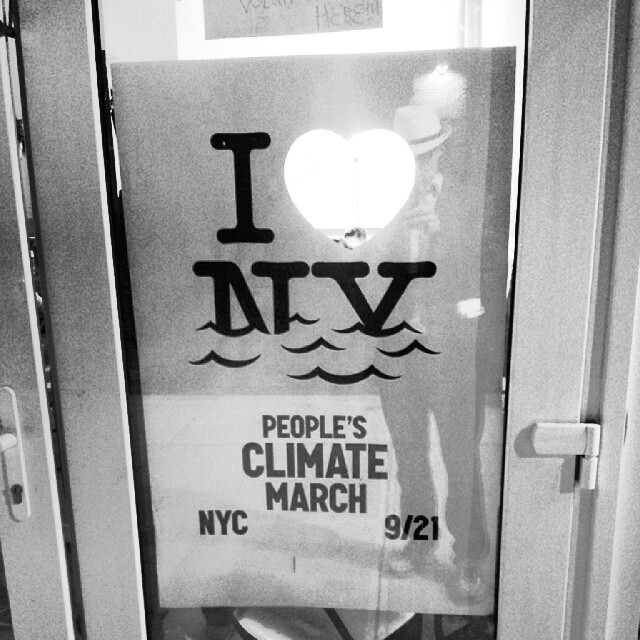 The following are the planned livestreams for viewing
the
The following are the planned livestreams for viewing
the  Presidential spouse and contender Hillary
Clinton has a busy agenda at the Clinton Global Initiative this year.
She will open the conference on Monday and close it on Wednesday, with
several appearances in between. Below is her
Presidential spouse and contender Hillary
Clinton has a busy agenda at the Clinton Global Initiative this year.
She will open the conference on Monday and close it on Wednesday, with
several appearances in between. Below is her  Occupy Wall Street activists are planning to “occupy” the
Occupy Wall Street activists are planning to “occupy” the
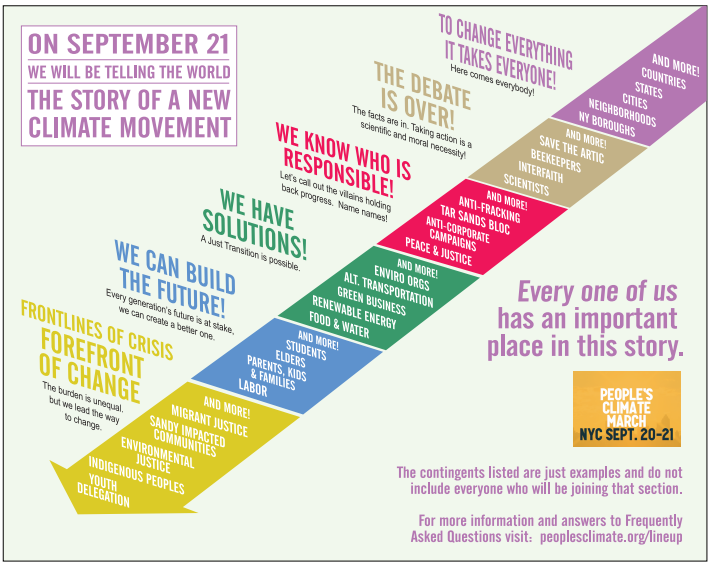
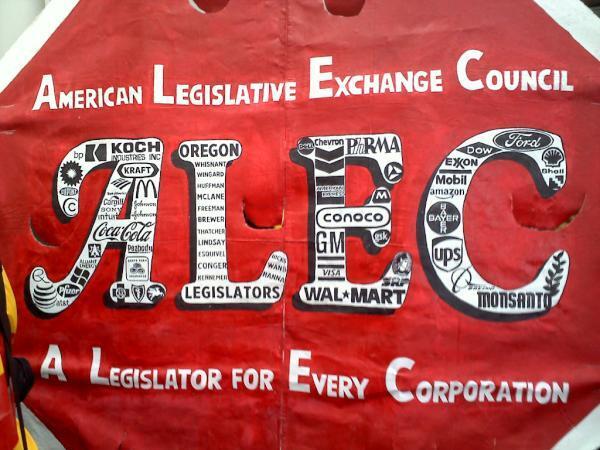 Computing giant
Microsoft has left the American Legislative Exchange Council, a
conservative lobbying group that promotes climate change denial and
opposes renewable energy, a coalition of climate-activist investors
announced today. The
Computing giant
Microsoft has left the American Legislative Exchange Council, a
conservative lobbying group that promotes climate change denial and
opposes renewable energy, a coalition of climate-activist investors
announced today. The